For thousands of years, cats have shared a unique bond with humans. These enigmatic creatures, known for their independent yet affectionate nature, hold a special place in the hearts of millions. But what underlies this special connection? The intricate psychological relationship between cats and their humans is a fascinating area of study, revealing insights into both feline and human behavior.
The Evolutionary Background
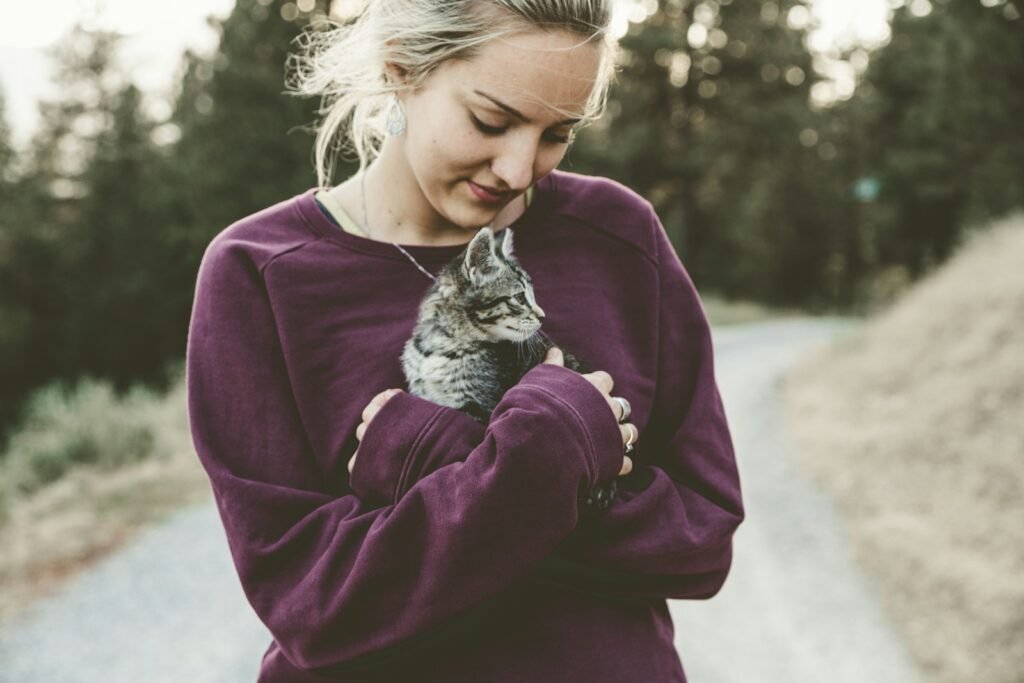
Cats were first domesticated about 9,000 years ago in the Near East, where they adapted to human settlements as opportunistic hunters. Understanding this evolutionary history helps explain why cats exhibit behaviors that resonate well with humans. Unlike dogs, cats were not bred for specific tasks, allowing their psychological traits to remain relatively unchanged, contributing to their unique interactions with humans.
Communication: Beyond the Meow
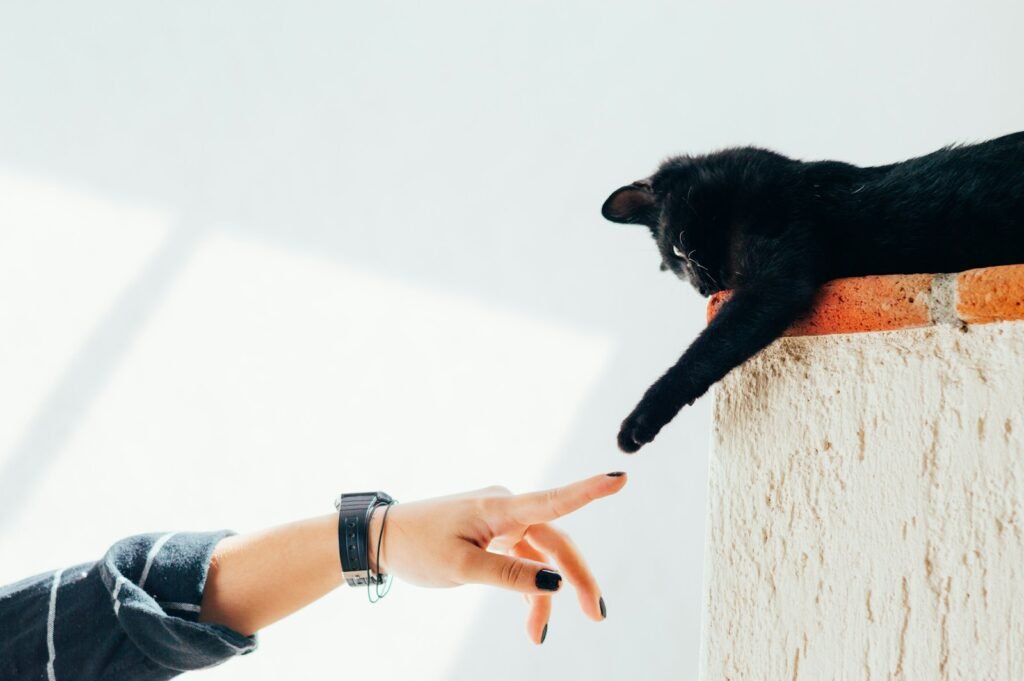
Cats have developed a complex system of communication to interact with their human owners. Meowing is primarily a behavior directed at humans, often used to express needs or desires. Cats also communicate through body language, such as tail positioning and ear orientation, offering a rich tapestry for humans to interpret.
The Role of Scent in the Cat-Human Bond
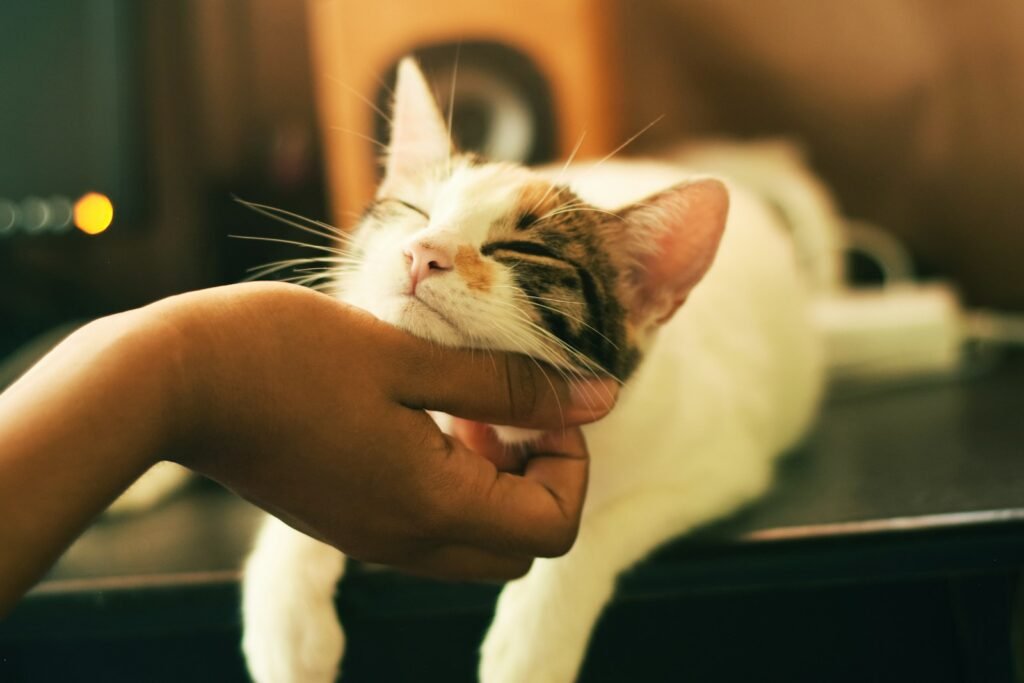
Scent plays a crucial role in how cats perceive their world and communicate with humans. Cats use scent-marking, such as head rubbing, to establish familiarity and affection. For humans, recognizing and responding to these scent signals can enhance understanding and deepen the emotional connection.
Emotional Intelligence in Cats
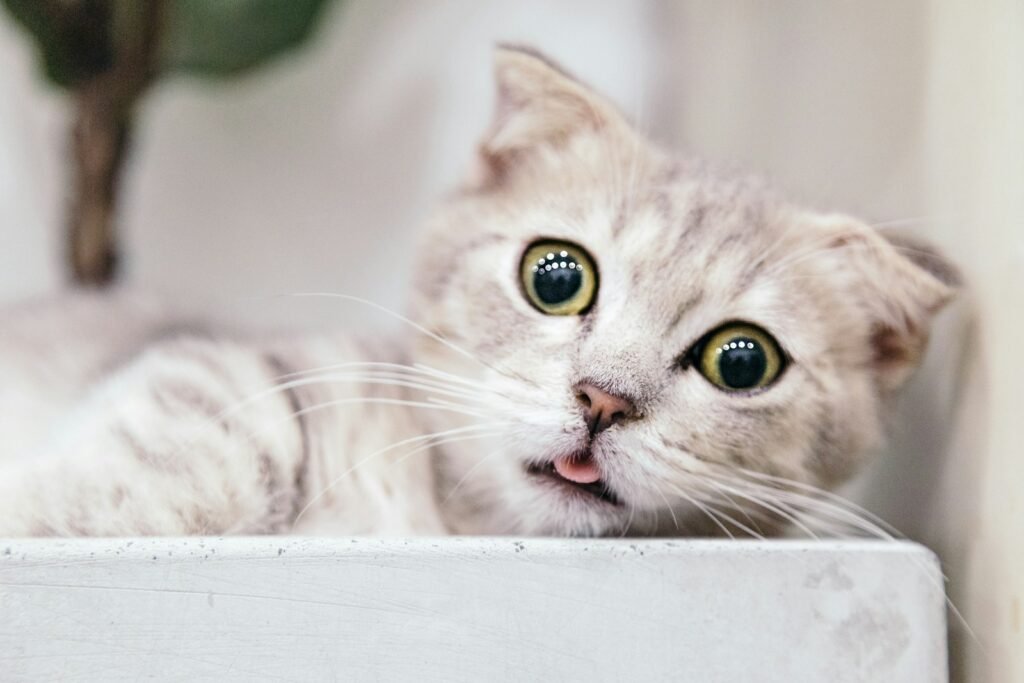
Cats are often perceived as aloof, yet studies suggest a significant level of emotional intelligence. They can read human emotions, recognizing when their owners are stressed or upset. This ability to perceive and respond to human emotions may strengthen the bond between cats and their owners, offering comfort and companionship.
Attachment Styles: Are Cats Like Children?
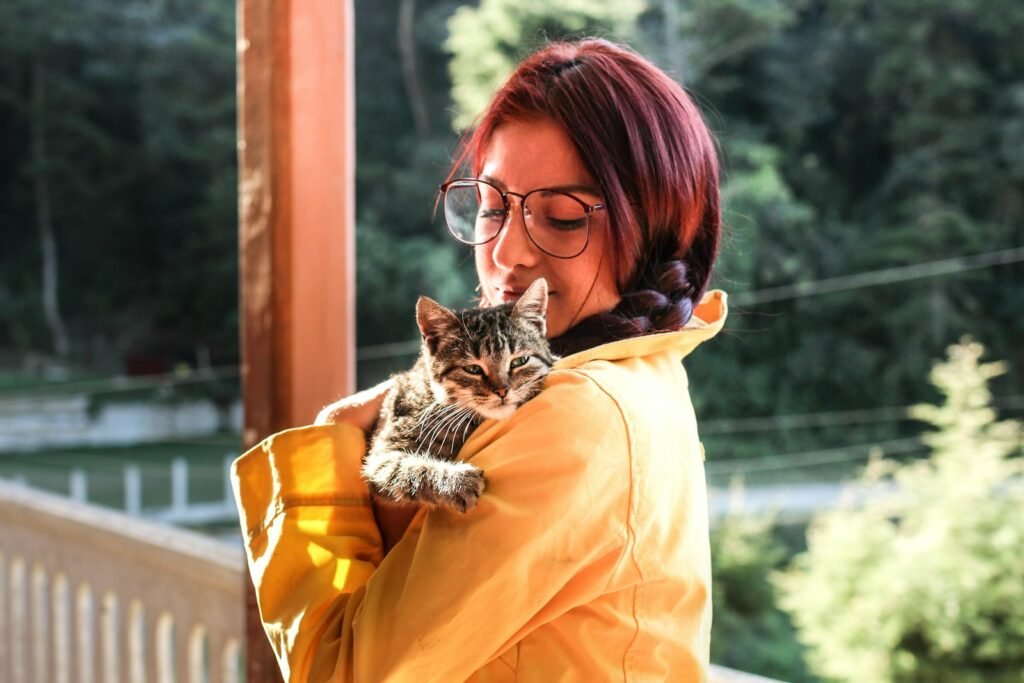
Research has shown that like humans, cats display different attachment styles, ranging from secure to anxious or avoidant. These attachment styles can influence how cats interact with their owners, playing a crucial role in the psychological dynamics of the cat-human relationship. Securely attached cats may show greater confidence and affection towards their owners.
Benefits of the Cat-Human Bond: A Two-Way Street
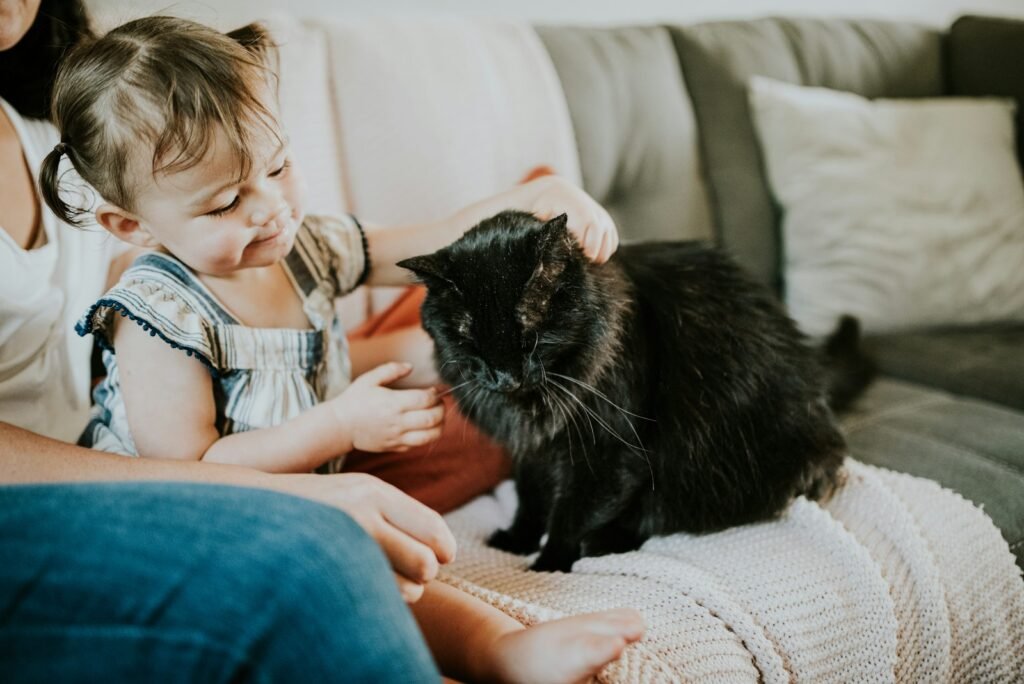
The psychological connection between cats and their owners provides mutual benefits. For humans, interacting with cats can reduce stress, improve mental health, and increase overall emotional well-being. In return, cats receive food, care, and companionship, reinforcing the deep-seated bond.
Understanding Cat Behavior and Personality
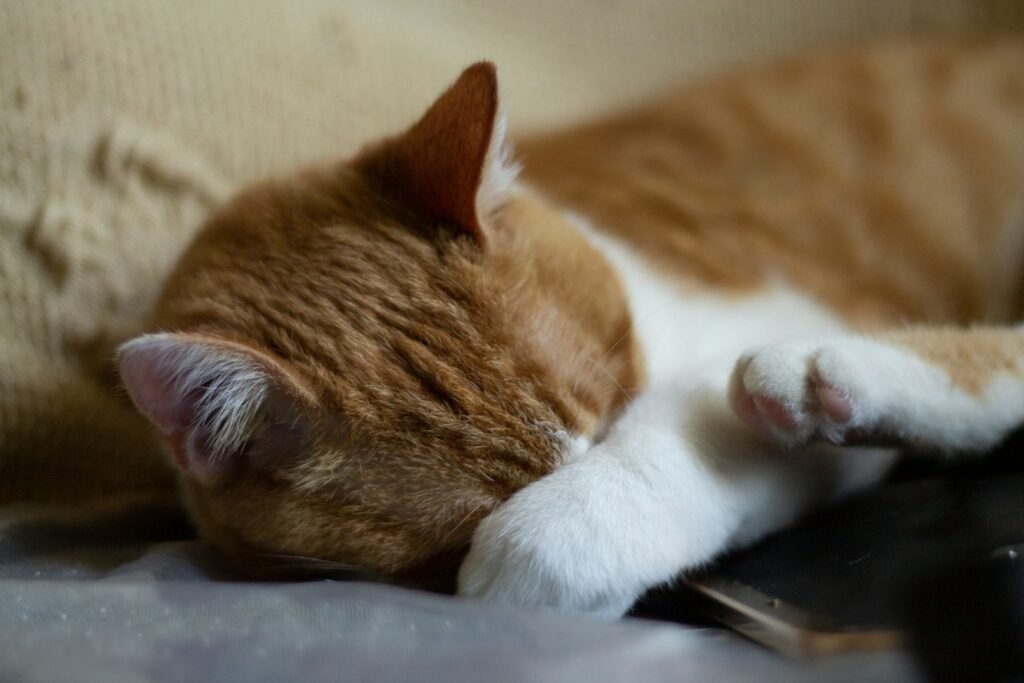
Understanding individual cat personalities is key to fostering a positive relationship. Just as humans have distinct personalities, cats display a range of temperaments from bold and adventurous to shy and reserved. Acknowledging and respecting these differences helps tailor meaningful interactions between cats and their humans.
Training and Trust
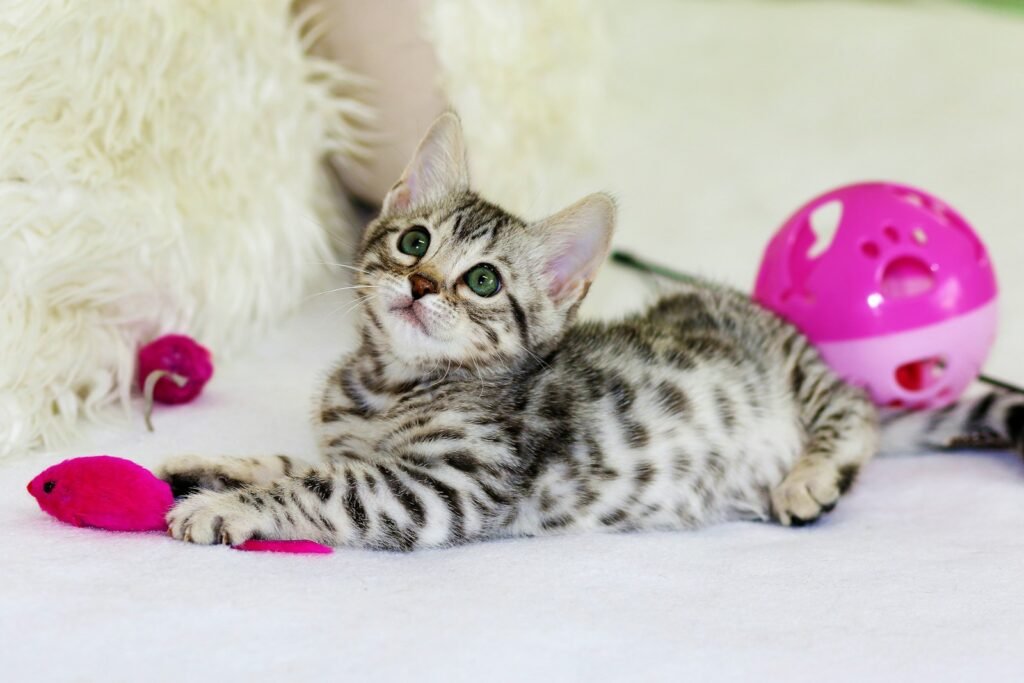
Building trust is fundamental to the cat-human relationship. Cats can be trained using positive reinforcement techniques, which require patience and understanding. A cat that trusts its owner is more likely to exhibit positive behaviors and bond deeply, reflecting a thriving companionship based on mutual respect.
Cultural Perspectives on Cats
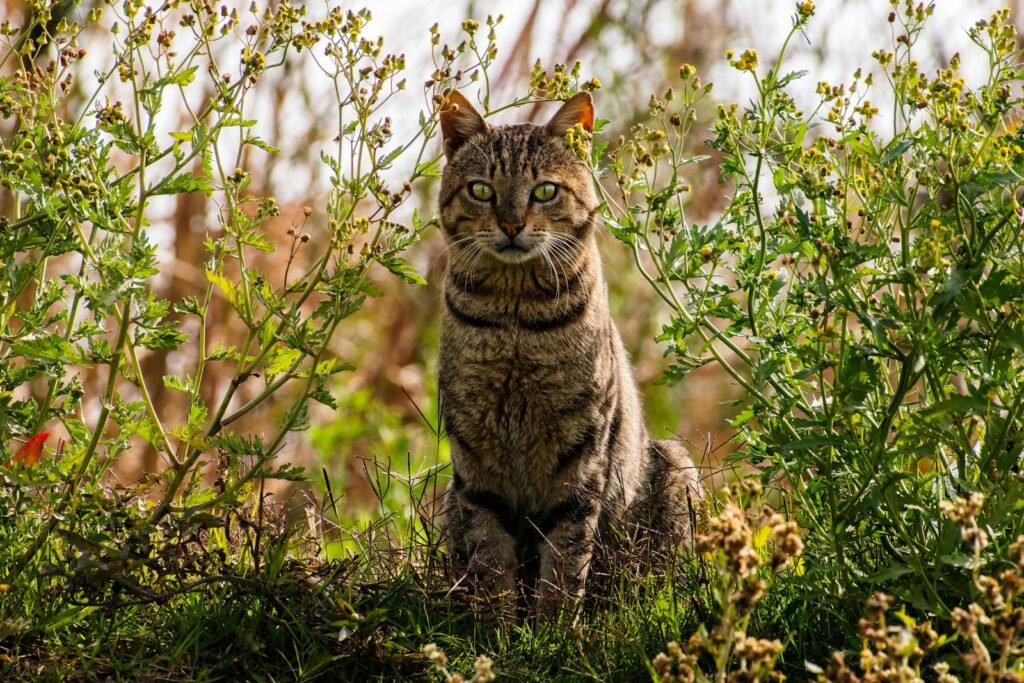
Cultural differences influence how cats are perceived and treated worldwide. In some cultures, cats are revered and considered spiritual, while in others they might be met with suspicion due to superstitions. These cultural perceptions can affect the psychological relationship between cats and their humans, impacting the level of care and affection provided.
Conclusion: The Unspoken Connection

The psychological connection between cats and humans is an ever-evolving dynamic that is as complex as it is rewarding. By understanding the nuances of communication, emotional intelligence, and behavior, humans can cultivate a deeper bond with their feline companions. As research continues to unveil new insights, the mystical and comforting bond between cats and humans grows ever more profound.

Suhail Ahmed is a passionate digital professional and nature enthusiast with over 8 years of experience in content strategy, SEO, web development, and digital operations. Alongside his freelance journey, Suhail actively contributes to nature and wildlife platforms like Feline Fam, where he channels his curiosity for the Feline into engaging, educational storytelling.
With a strong background in managing digital ecosystems — from ecommerce stores and WordPress websites to social media and automation — Suhail merges technical precision with creative insight. His content reflects a rare balance: SEO-friendly yet deeply human, data-informed yet emotionally resonant.
Driven by a love for discovery and storytelling, Suhail believes in using digital platforms to amplify causes that matter — especially those protecting Earth’s biodiversity and inspiring sustainable living. Whether he’s managing online projects or crafting wildlife content, his goal remains the same: to inform, inspire, and leave a positive digital footprint.






